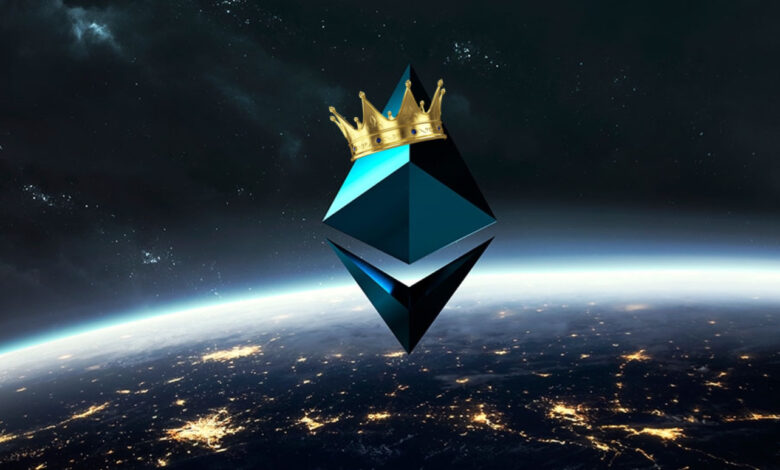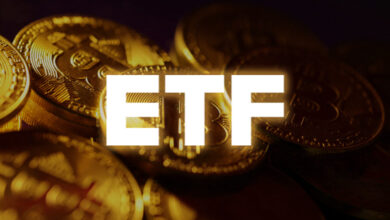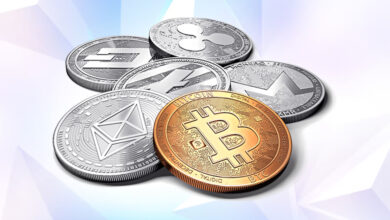Spot Ether ETFs See First Positive Inflows Since Launch as Gas Fees Drop to Five-Year Low

Spot Ether exchange-traded funds (ETFs) in the United States have experienced their first week of positive net inflows since their introduction on July 23.
According to ETF tracker SoSoValue, the nine newly launched US-based spot Ether ETFs saw net inflows totaling $104.8 million for the week beginning August 5. This positive shift came despite a significant decline in Ether’s price, which has dropped 23% since early August.
The total trading volume for these ETFs reached $1.9 billion, increasing their combined net assets to $7.3 billion as of August 9. Among the funds, BlackRock’s iShares Ethereum Trust led with $188.4 million in inflows, bringing its total assets to over $900 million within 13 days of trading, without any outflow days. Fidelity’s Ethereum Fund also performed well, attracting $44.65 million in inflows, raising its total to $342 million.
Other ETFs that recorded positive inflows include Grayscale’s Mini Ethereum Trust with $19.8 million, the VanEck Ethereum ETF with $16.6 million, Bitwise Ethereum ETF with $11.7 million, and Franklin Ethereum ETF with $3.7 million. However, the overall positive net flows were dampened by Grayscale’s Ethereum Trust, which saw significant outflows totaling $180 million. This has contributed to an overall outflow of $406.4 million across all nine funds.
Ethereum Gas Fees Plummet to Five-Year Low
In addition to ETF developments, Ethereum’s blockchain has seen a dramatic drop in transaction costs. As of August 10, the median gas fee for sending a transaction on Ethereum fell to 1.9 gwei, the lowest level in five years and a nearly 98% decrease from its high of 83.1 gwei in March. Low-priority transactions are now priced around 1 gwei, or approximately seven cents.
This significant drop in gas fees follows Ethereum’s Dencun upgrade in March, which introduced several Ethereum Improvement Proposals (EIPs) aimed at reducing transaction costs. The upgrade included proto-danksharding, designed to lower fees for layer-2 blockchains, which process transactions more cost-effectively than the layer-1 Ethereum blockchain.
Despite the decrease in gas fees, there are concerns about Ethereum’s base layer activity. Gnosis co-founder Martin Köppelmann has expressed worries that the blockchain needs more layer-1 activity to sustain staking rewards, which are essential for validating transactions. He noted that raising the gas limit could be a strategy to address this issue.
Layer-2 solutions have been experiencing significant activity, with L2Beat data showing Base handling over 109 million transactions in the past 30 days compared to Ethereum’s 33 million.
Additionally, layer-2 platforms Artbitrum and Taiko have collectively managed an extra 97 million transactions. As a result of reduced Ether usage and staking payouts, the supply of Ether has increased, with nearly 13,400 ETH worth $34.1 million added in the past week.
In response to the growing interest in spot Ether ETFs and the evolving dynamics of gas fees and layer-2 activity, ETF issuers are also preparing to launch options products for their spot ETH funds. On August 7, the NYSE American proposed a rule change to list and trade options contracts for three ETH ETFs from Grayscale and Bitwise.





